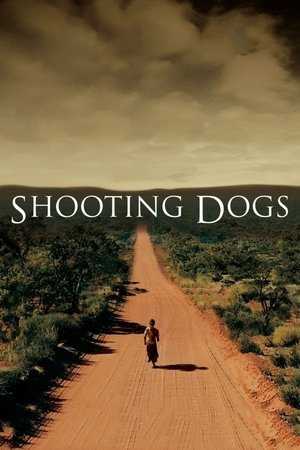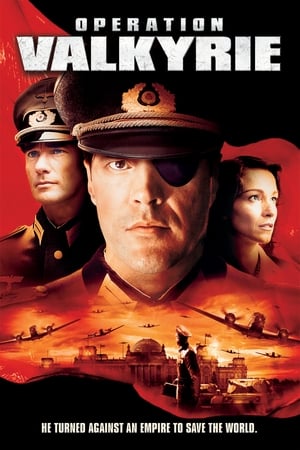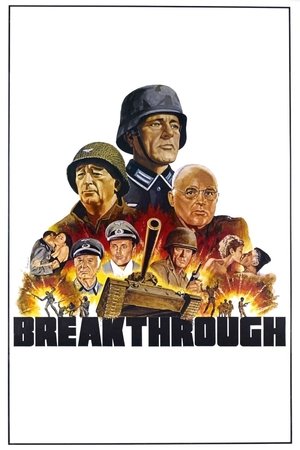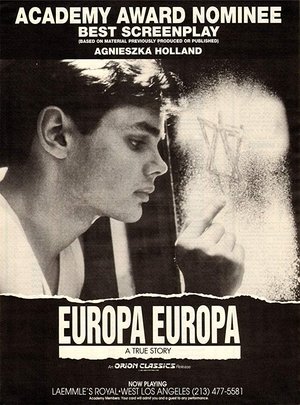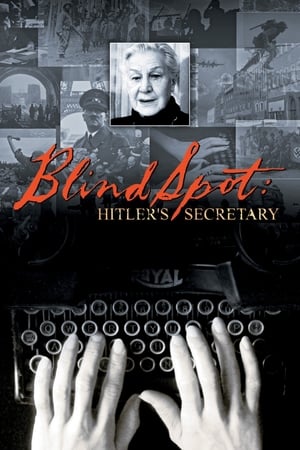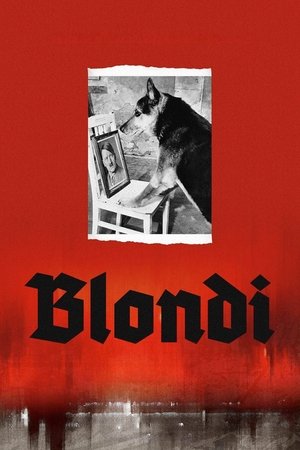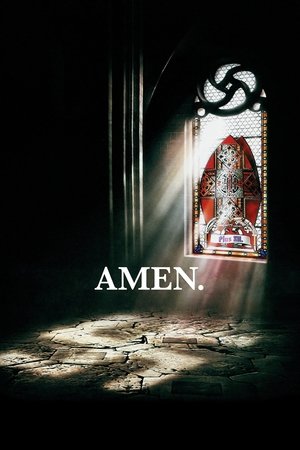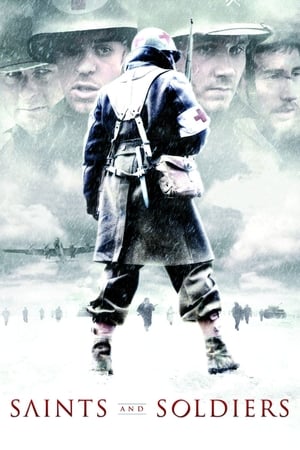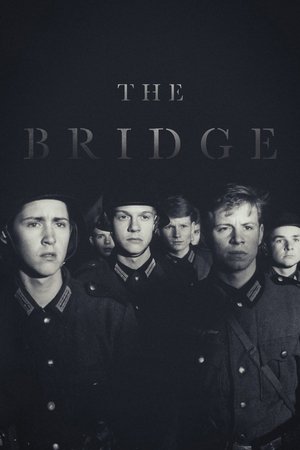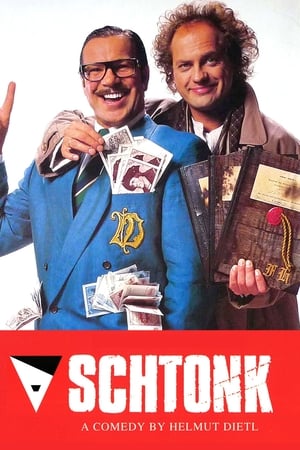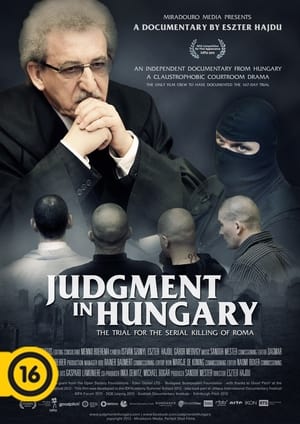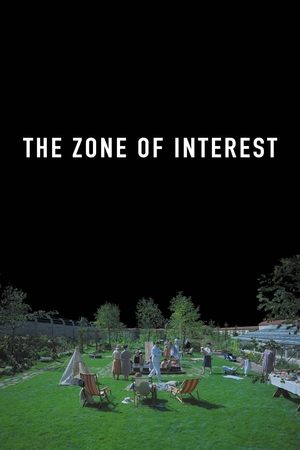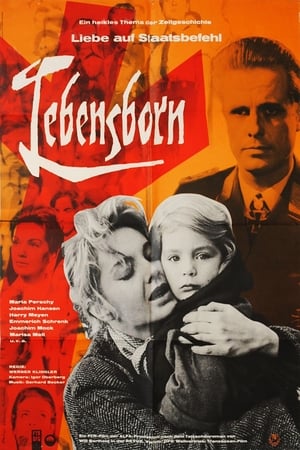Overview
In June 1934, Hitler decided to eliminate the powerful leadership of the SA. With his pistol drawn, he entered the Hotel Hanselbauer in Bad Wiessee on June 30, where his friend Ernst Röhm and other SA functionaries were staying. The three-day murder operation within the SA's own ranks has gone down in history as the "Night of the Long Knives".

 89 min
89 min
 8.3
8.3
 2020
2020
 France
France
